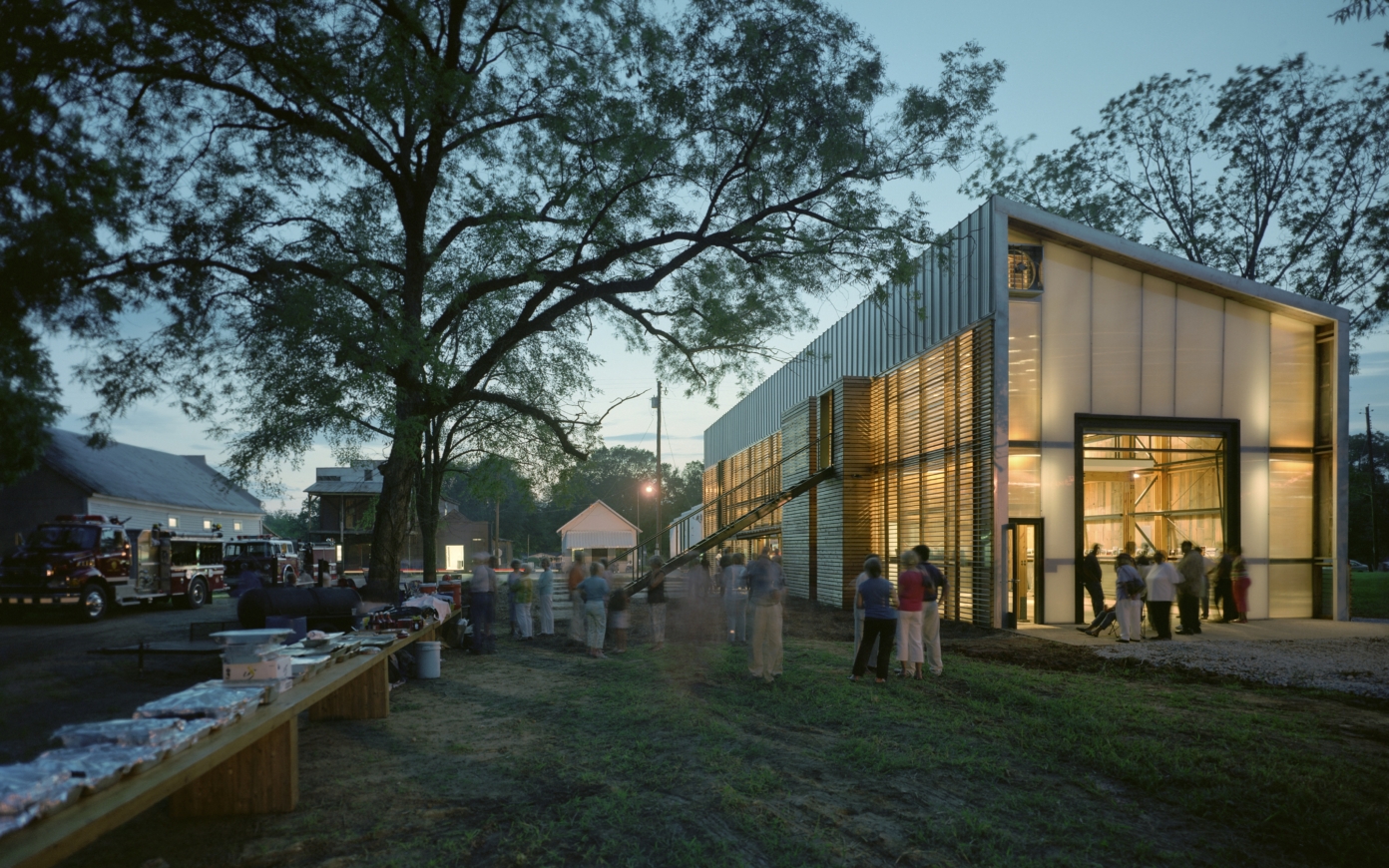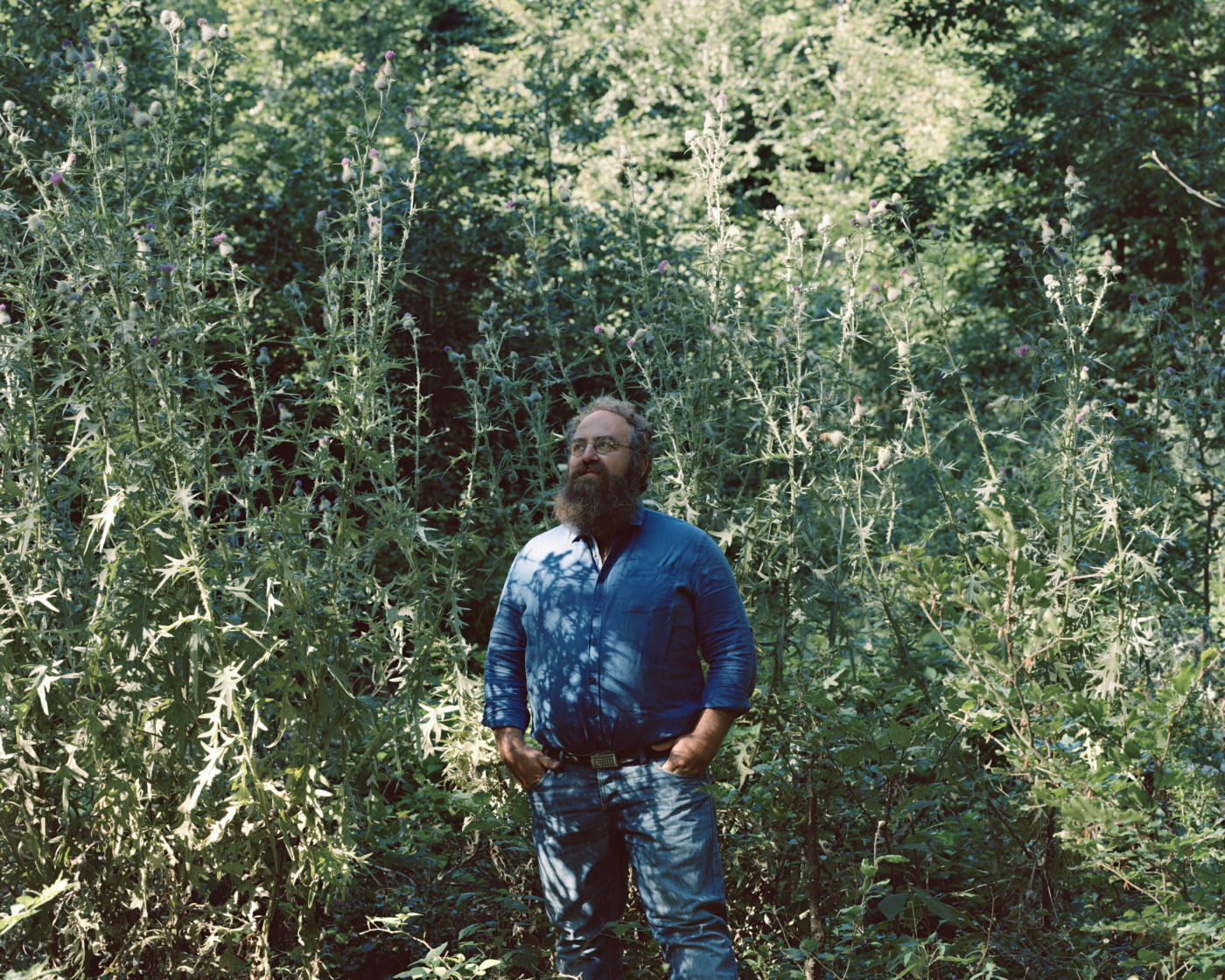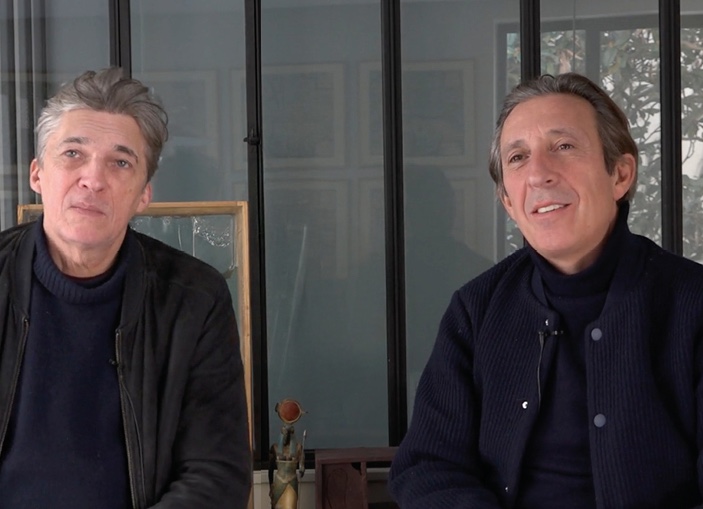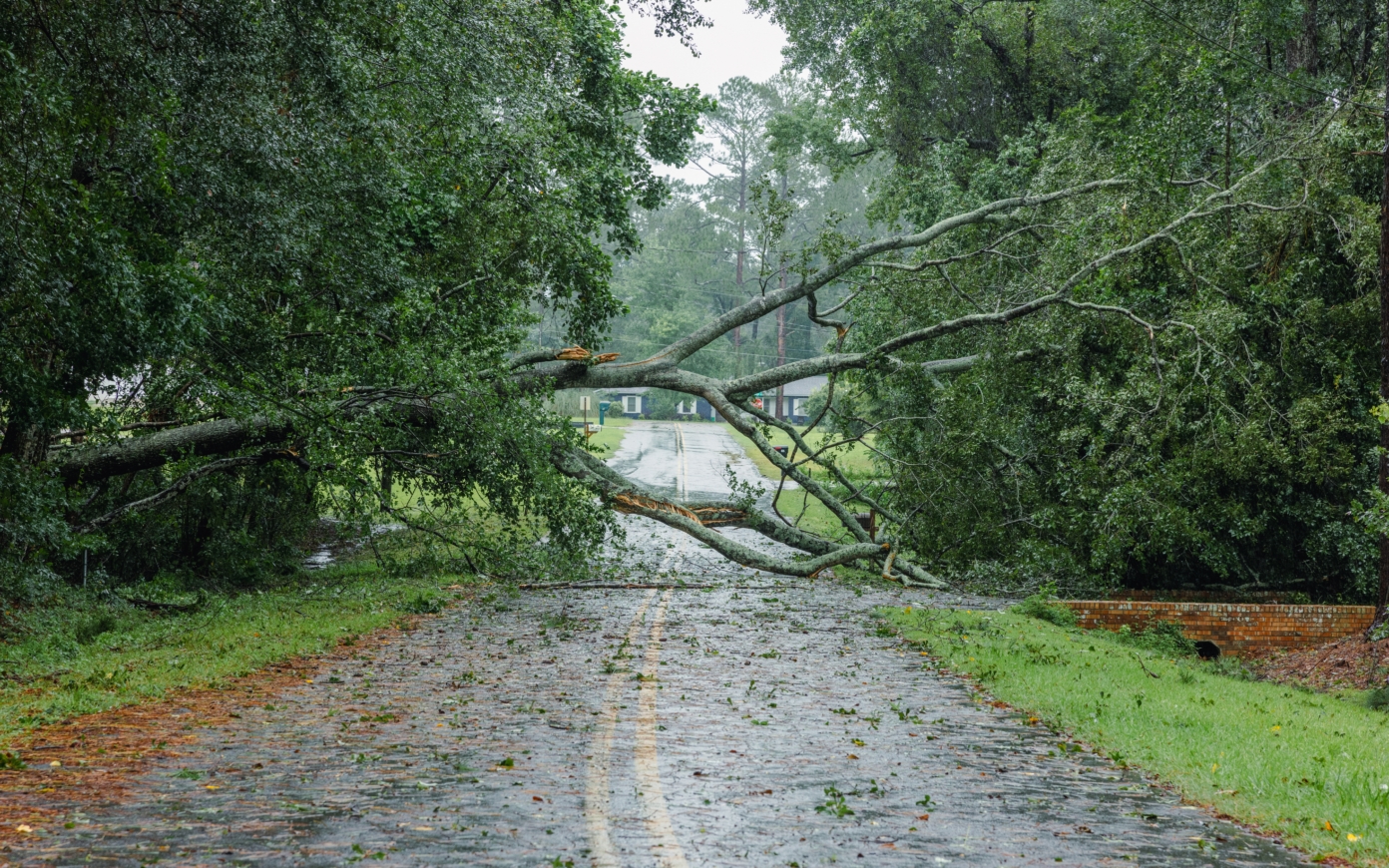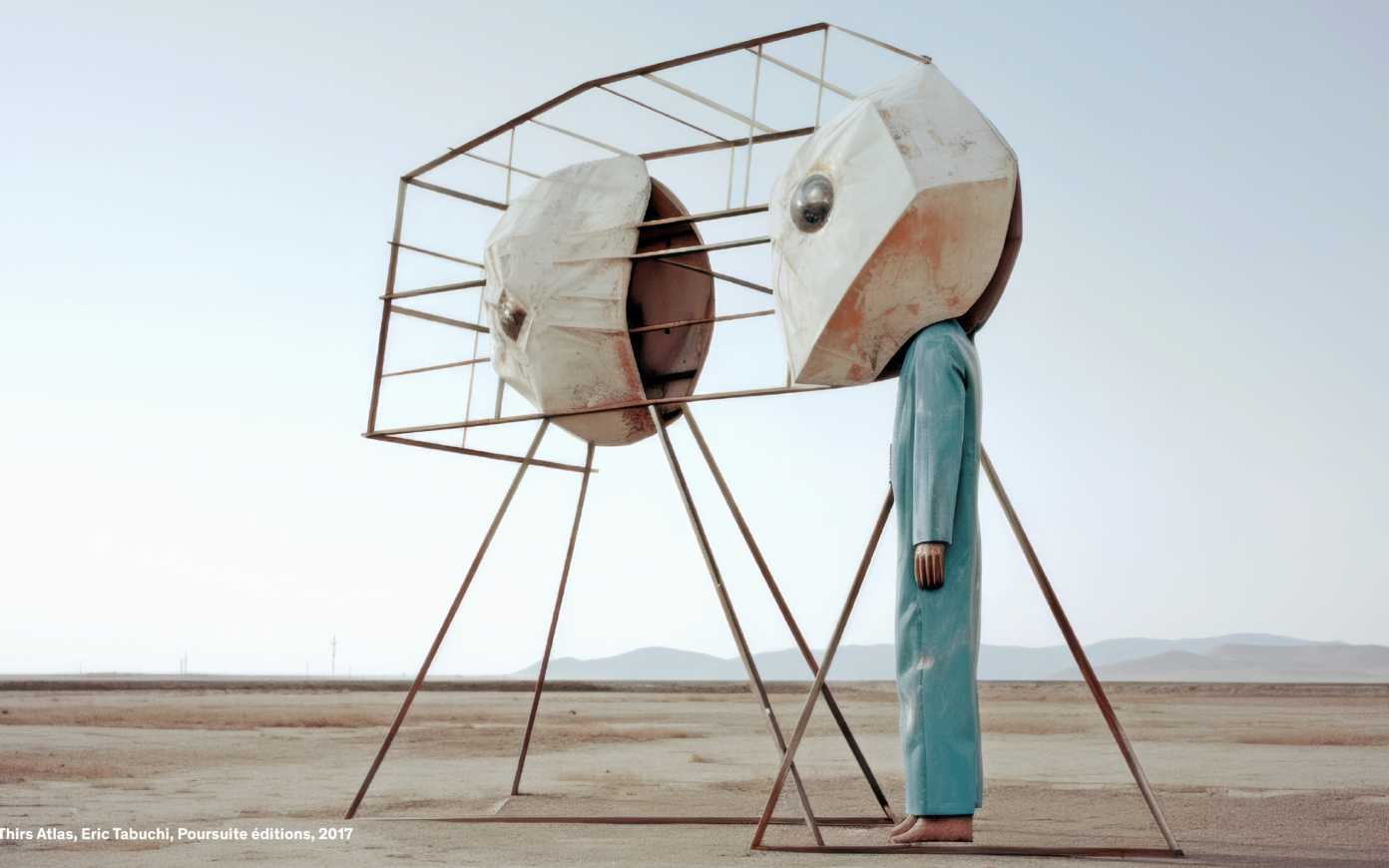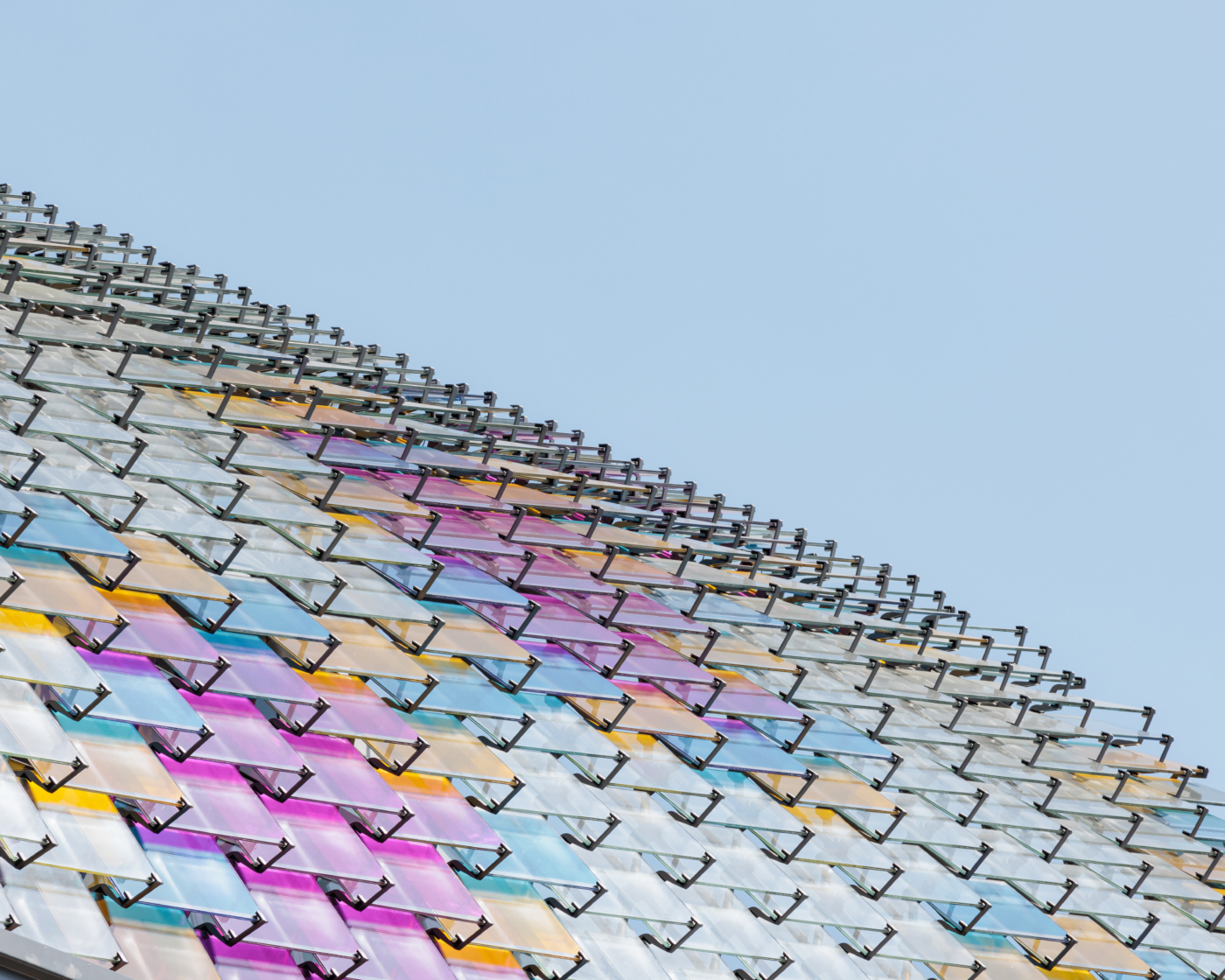Perspectives
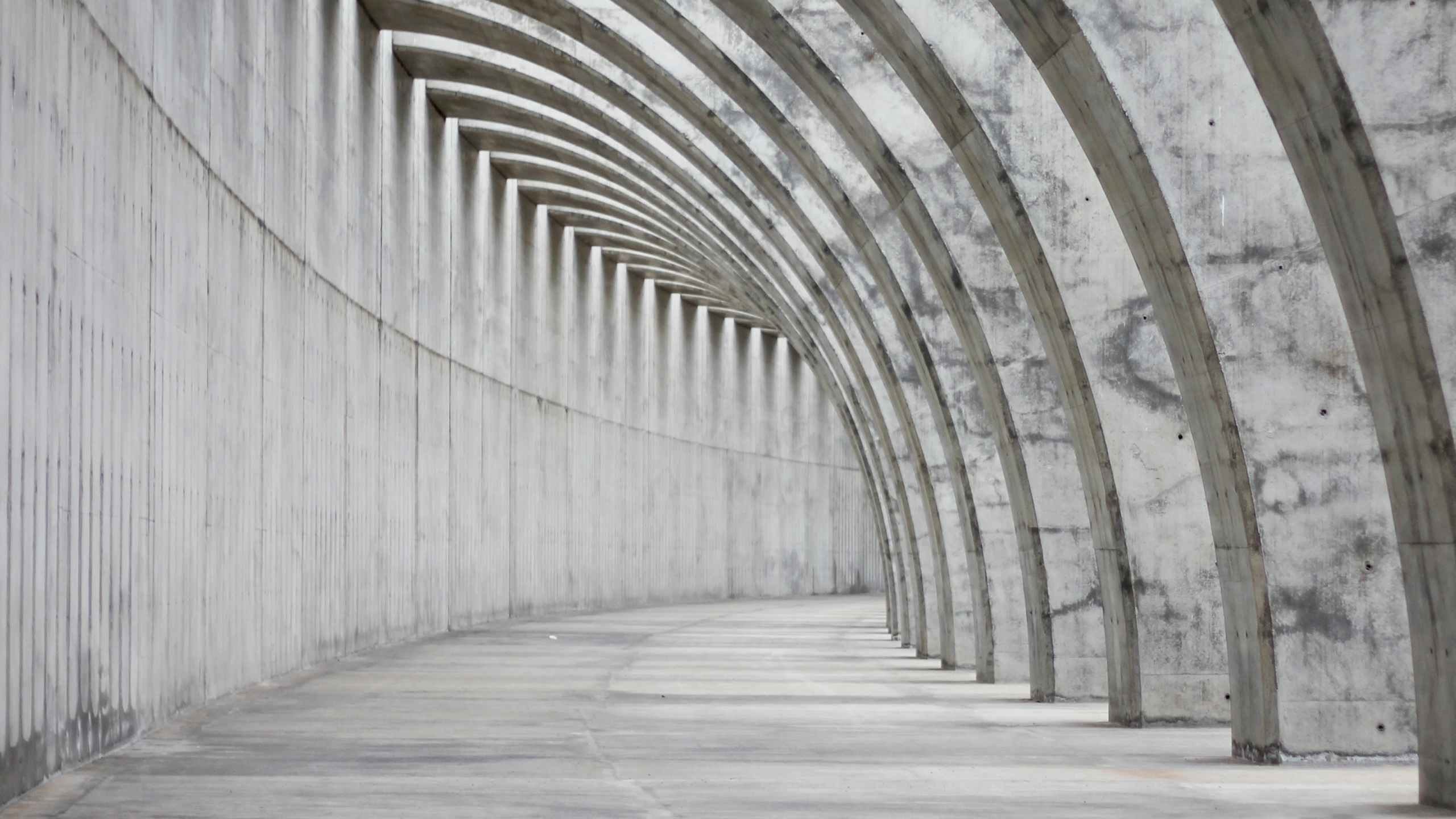
- Publish On 5 July 2024
- Liliana Doganova, Mathieu Arnoux, Vincent Charlet, Isabelle Bensidoun
- 75 minutes
Mathieu Arnoux, Professor at the University of Paris and Director of Studies at the EHESS, Isabelle Bensidoun, economist at the CEPII, Vincent Charlet, economist and founder of the Fabrique de l’Industrie and Liliana Doganova, sociologist and researcher at the CSI des Mines de Paris.
This concluding conference looks at the social and economic dynamics associated with the exploitation of materials on a national and global scale. The war in Ukraine has revealed our dependence on our neighbours and reopened questions of sovereignty and self-sufficiency. France has been less affected by the Russian gas embargo than Germany, but the transition to renewable energies will not happen without the rare earths that we import mainly from China. The limits of globalisation seem to have been reached. What does this mean for our industry, our sectors and our economic policy? What role will the markets play, particularly the carbon market, in encouraging national and European materials?

